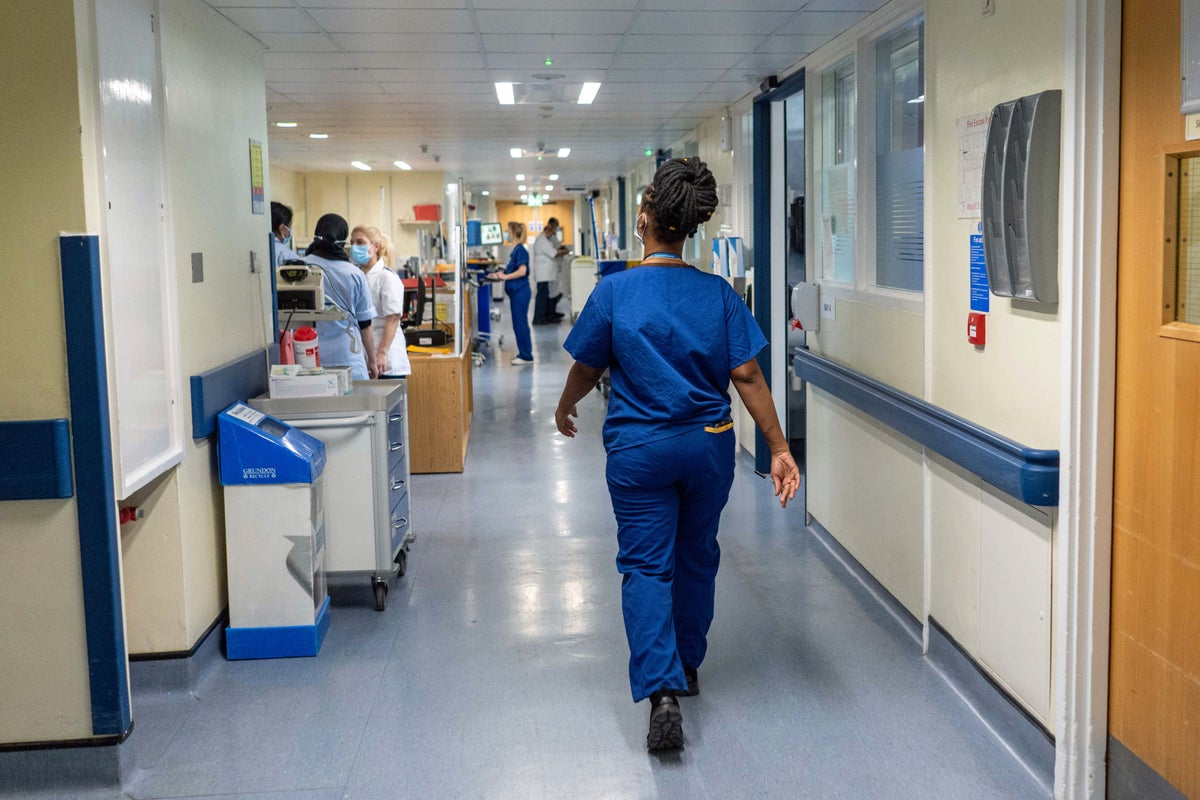How Shortening Medical and Nursing Degrees Could Impact Patient Safety and Recruitment in the NHS
Key Highlights :

The UK government is considering reducing doctors’ training from five to four years and fast-tracking nursing students to be qualified in just two-and-a-half years, in a move to help plug NHS shortages. While the plan may appear to be a quick fix to address the current workforce crisis, critics warn that it could put patient safety at risk and even drive potential recruits away from the NHS.
The proposal may form part of the much-anticipated NHS workforce plan, which is also expected to give approval to doctor apprenticeships, where people learn on the job while studying. However, one source warned that the government was focusing too much on recruiting new workers rather than retaining the current experienced workers needed to supervise students.
An NHS source who has been briefed on the condensed degree plans said: “It just shows they’re only focusing on supply. Inexperienced people don’t perform at the same level in healthcare as experienced [staff] do, so that’s an issue around safety.”
Professor David Strain, BMA medical academic staff committee chair, said the union was “very concerned” that attempts to “squeeze” a five-year undergraduate degree into four years could compromise education and training standards. He said: “Medical students already work flat out to acquire the knowledge and skills needed to graduate and become junior doctors – and it would neither be fair on students nor safe for patients to expect them to complete their degrees in even less time.”
Royal College of Nursing chief nurse Nicola Ranger said: “Training on the job or spending less time in education are both high-risk moves that could compromise the supply of highly skilled nursing staff needed. The real issue is the shortage of students, not the time it takes. The policy to fix these shortages is to cover the tuition fees and costs of the university for nursing students to rapidly boost numbers.”
Crystal Oldman, chief executive for the Queen’s Nursing Institute, which represents community, district and GP nurses, said: “How are you going to ensure that those nurses who go through a shortened programme meet the requirements of the registered nurse and come out confident and competent and don’t jump out of the workforce because they’re not properly prepared? Evaluating a pilot will be absolutely critical to that, and not going wholesale across the country with it.”
The Department of Health and Social Care said it was continually improving medical and nursing training and had already introduced blended online nursing degrees and medical and nursing apprenticeships, alongside increasing the number of hours of simulated training to provide greater flexibility. The NHS will shortly publish a long-term workforce plan to go even further, including projections for the number of nurses and other professionals we will need in five, 10 and 15 years’ time.
However, while shortening medical and nursing degrees may seem like an attractive way to fill the current NHS shortages, it is important to consider the potential risks to patient safety and the long-term recruitment of medical and nursing staff. With the right safeguards in place, such as evaluation pilots and fully funded plans to recruit and retain nurses, there is potential for the move to be successful. However, without the necessary oversight and safety measures, the move could ultimately worsen the shortages the plan is designed to solve.
